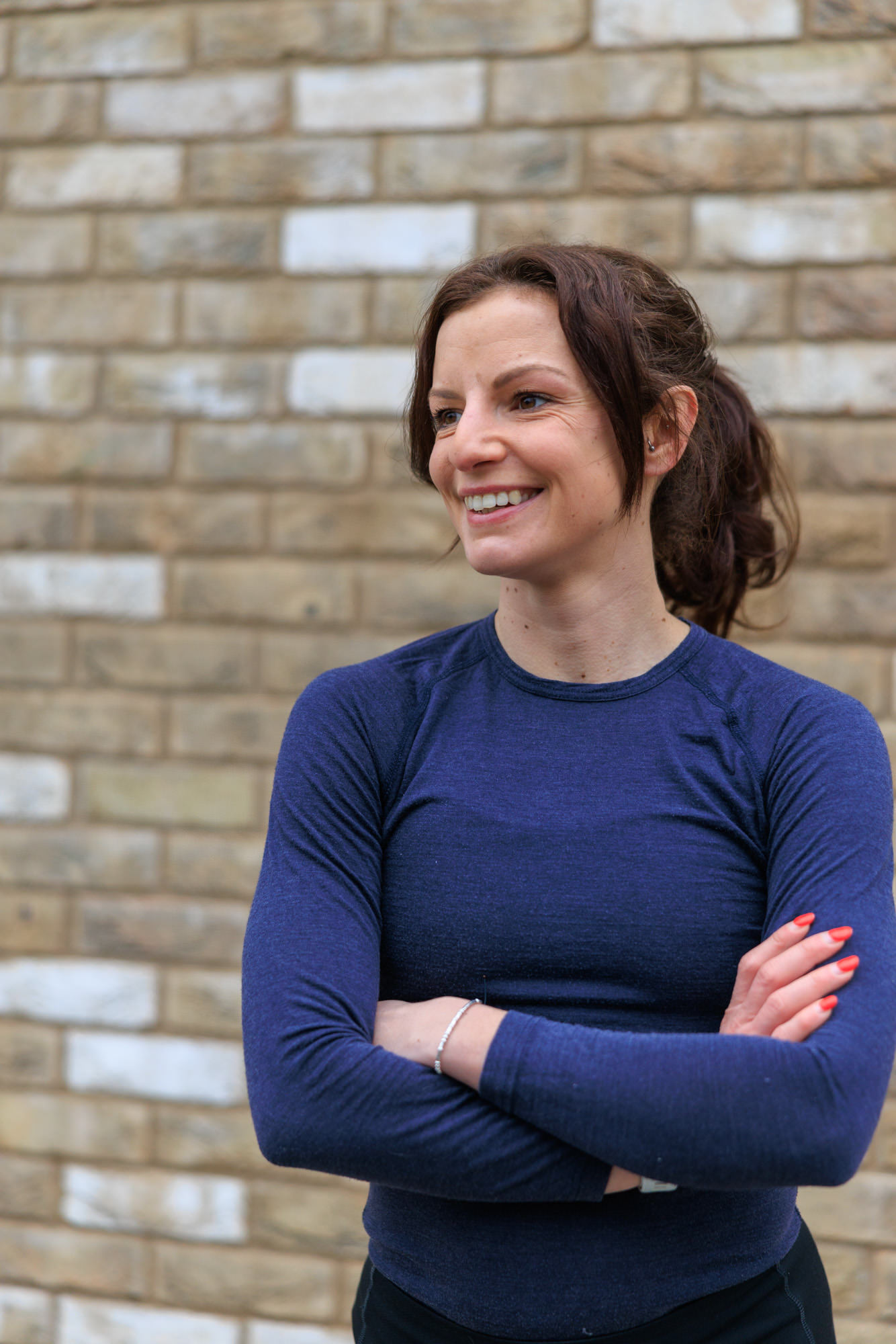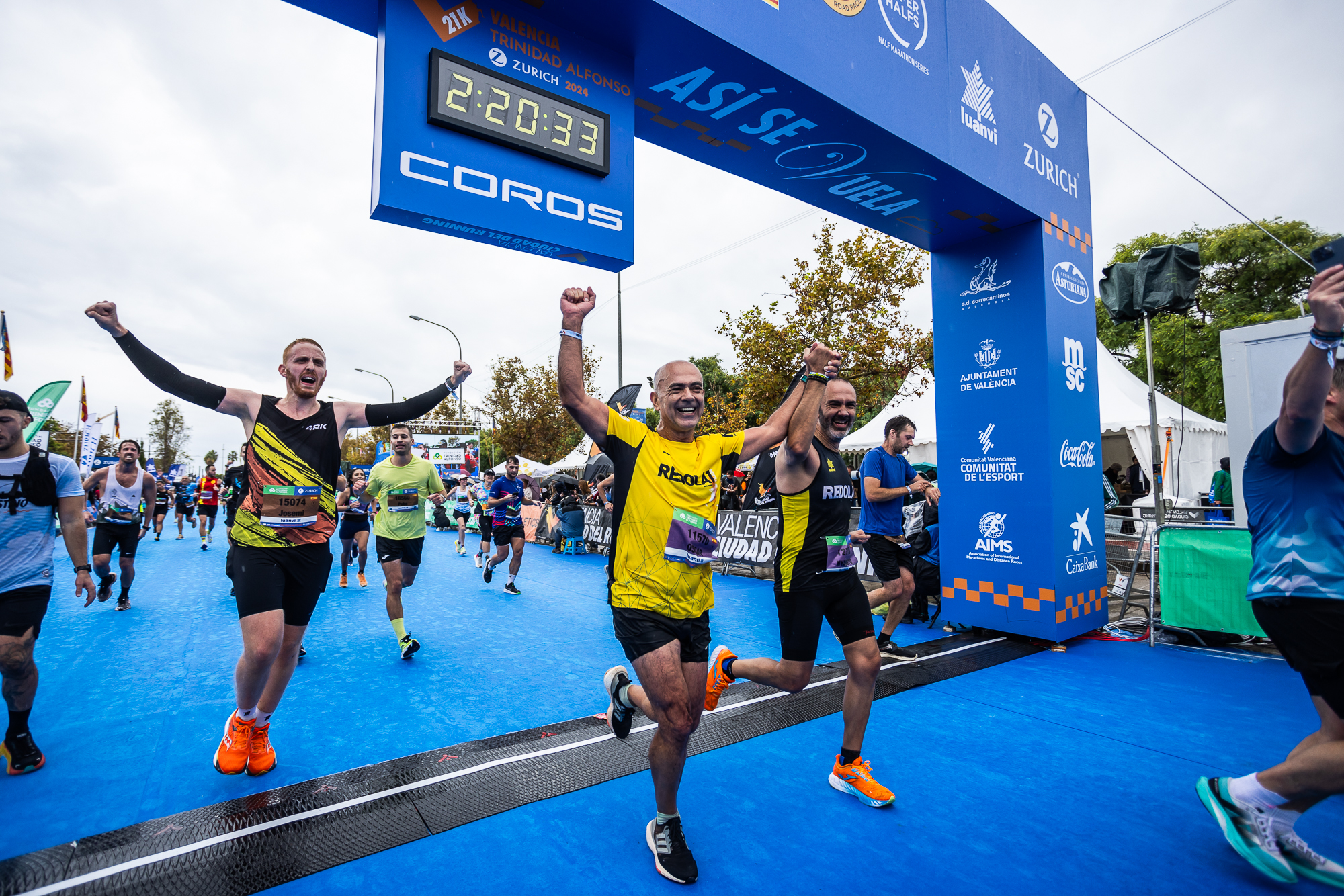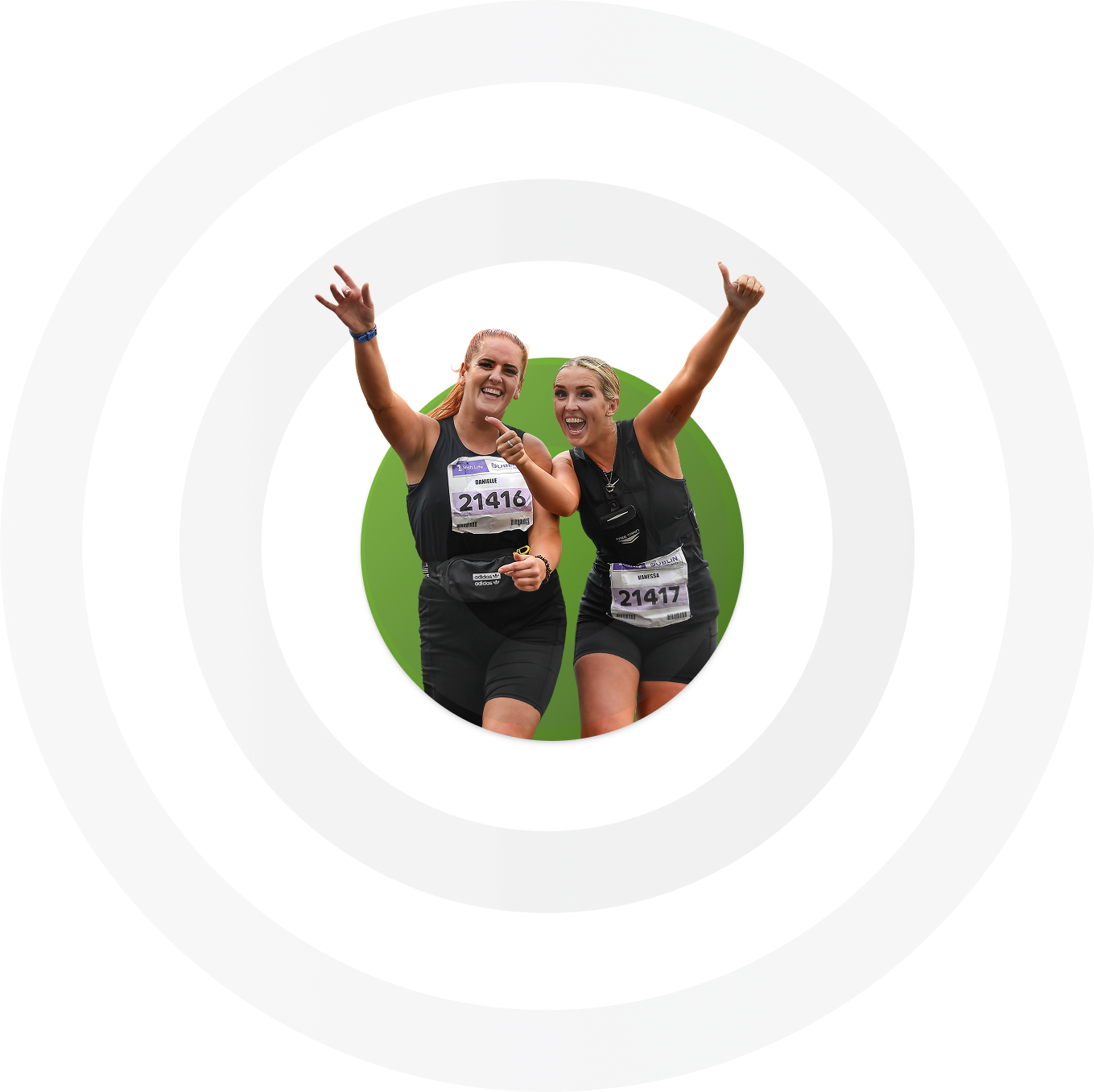For the runner there are some specific dietary considerations to bear in mind in addition to maintaining a regular balanced diet. Here are some tips on what to eat and drink during your running training.
As with any individual, you need the right balance of unrefined carbohydrates, healthy fats and good quality proteins, along with a wide variety of fruits and vegetables and plenty of fluids. But to fuel and recover correctly the runner needs to carefully consider their dietary needs, especially when ramping up their training.
1. Carbo-loading
It’s not necessary to live on bread, pasta, rice and potatoes to be a good runner, but you do need to ensure that you are getting at least 55 per cent of your daily calorie intake from carbohydrates i.e. the equivalent of 5 to 10g per kilogram (2.27 to 4.54g per pound) of your bodyweight per day. Carbs provide the body’s supply of glycogen, which is stored in the liver and muscles and is the fuel that powers your running.
Carbs provide the body’s supply of glycogen, which is stored in the liver and muscles and is the fuel that powers your running.
Since only a limited amount can be stored, supplies need to be constantly replenished. Too little dietary carbohydrate, and you will find yourself running low on energy. Research studies have shown that exercising with depleted glycogen stores can result in reduced performance, greater fatigue and suppressed immunity. Ensure that you have a healthy serving of carbohydrate at every meal, along with carb-rich snacks such as bananas, dried fruit, raisin toast or oatcakes.
2. Don’t neglect protein
Because of their obsession with fuelling on carbs, many runners neglect the protein element of their diet. The increased breakdown of protein during training needs to be compensated for, and secondly, if glycogen stores are low (say, towards the end of a long run), then certain amino acids, called branch chain amino acids, can be used as a backup energy source. While using protein as a fuel source isn’t an ideal scenario, it is an essential fall-back when glycogen stores are depleted.
Guidelines for the general public recommend that protein intake should equal 0.75g per kilogram (0.34g per pound) of bodyweight. However, if you are regularly running, you should aim for 1.2g to 1.4g per kg (0.55 to 0.64g per lb) of bodyweight. This, in general, should equate to around 15 to 17 per cent of your total energy intake.
Make sure you go for healthy, lean meats, fish and low-fat dairy products for the majority of your protein foods.
When deciding what protein sources to eat, make sure you go for healthy, lean meats, fish and low-fat dairy products for the majority of your protein foods. Nuts, seeds and pulses are also nutrient-rich options.
3. Don't consume too much fat
Make sure that when you are carbo-loading that it is carbohydrate you are taking on board, and not fat. Pizza, creamy pasta sauces and fat-laden baked potato or sandwich fillings can all be high in fat content.
Reduce your intake of saturated fats (from meat and full fat dairy products) and trans fats (present in fried fast food, biscuits and cookies, cakes and hard margarines), and get most of your fats from healthier monounsaturated sources such as olive oil and from omega-3 fatty acids which are found in oily fish.
4. Be mineral-rich in your diet
A wide and varied intake of fruit and vegetables should ensure that you are getting sufficient quantities of micronutrients . Since exercise increases the level of oxidation in the body, you should be particularly vigilant about getting enough antioxidants, which come from vitamins A, C and E and the mineral selenium.
If you aren’t convinced your diet is providing you with all you need, consider taking an antioxidant supplement. Research has also shown that vitamins C and E also help with recovery, which is another good reason to ensure you are getting enough.
As far as minerals are concerned, the three to focus on are iron, magnesium and calcium. These are the ones that you are most likely to be deficient in, and a shortage of any of these could have a detrimental effect on your performance and health.
For example, a US study found that magnesium-deficient women burn 15 per cent more oxygen and have higher heart rates while exercising than women with sufficient magnesium in their diets, making their workouts feel harder, while a study in the American Journal of Clinical Nutrition found that iron deficiency without anemia occurred in 12 per cent of pre-menopausal women in the United States, and had a negative effect on aerobic training.
5. Hydrate little and often
If you are training on a daily or almost-daily basis, the chances are you are slightly dehydrated most of the time (this was the finding of a study at the Lucozade Sport Science Academy). The mistake many of us make is to only remember to drink water just before and during exercise, but leaving it this late means that the body is performing with less than optimal hydration . A level of 2 per cent dehydration will result in a significant decline in performance. To prove the point, cyclists in a study from the University of Texas performed 6 per cent better during an hour ride when drinking water, compared to drinking nothing.
There is no set amount of fluid that will suit everyone, as the amount of fluid you need depends on the length, intensity and frequency of your workouts, as well as the ambient temperature, your personal sweat rate and your customary intake. But drinking before, during and after your runs is essential if you are going to get the most out of them. On runs that last more than 60 minutes, or very intense runs from 45 to 60 minutes long, opt for isotonic sports drinks rather than water. There is conclusive evidence that you’ll be able to maintain the same level of intensity for longer by topping up blood glucose with one of these carbohydrate drinks.
6. Don’t run on empty
If you are going to run and haven’t eaten a meal for a long time, it’s wise to top up your energy levels with a carbohydrate-based snack, rather than attempt to run on an empty stomach. While earlier studies favoured high glycaemic index foods as pre-workout snacks, researchers at Penn State University found greater benefit from a moderate-GI snack compared to a high-GI one, when consumed 45 minutes before exercise. Make sure that you have something that ‘agrees’ with you, as the jolting action of running can make your stomach feel distended and uncomfortable. You may want to opt for a sports drink or energy gel, rather than something heavier.
7. Make a quick recovery
After a long run, make sure you eat some carbohydrate within half an hour of finishing to replenish your glycogen stores. This is particularly important if you are training the next day. Studies have shown that the post-run half hour is the perfect ‘window’ to allow maximum absorption of carbohydrate. Wait until you’ve showered and stretched, however, and that window will have closed. Foods which are moderate to high on the glycaemic index will work fastest.
Aim to eat 1g of carbohydrate for every kilogram (0.45g per pound) of your bodyweight to optimise refuelling, and take some protein on board with your carbs for maximum benefit. For example, try yogurt and banana, toast and peanut butter , or a fruit smoothie.
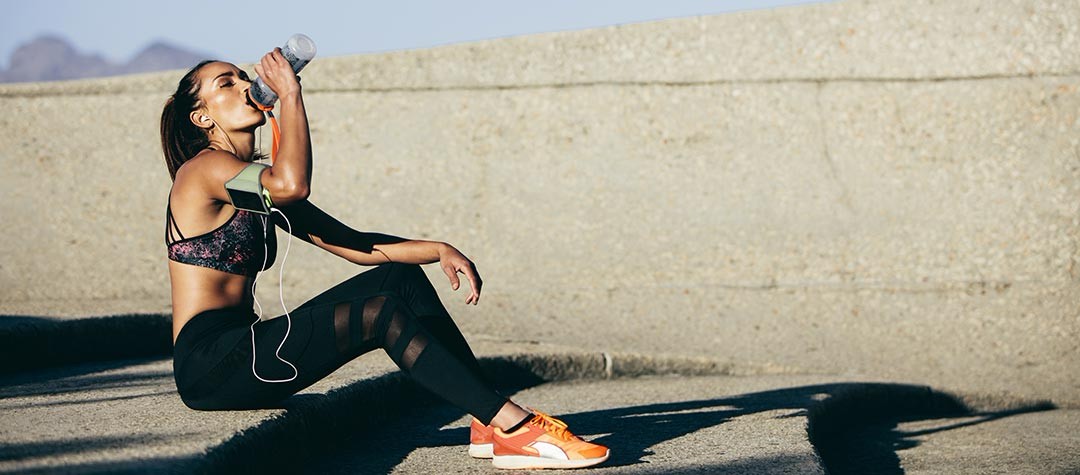
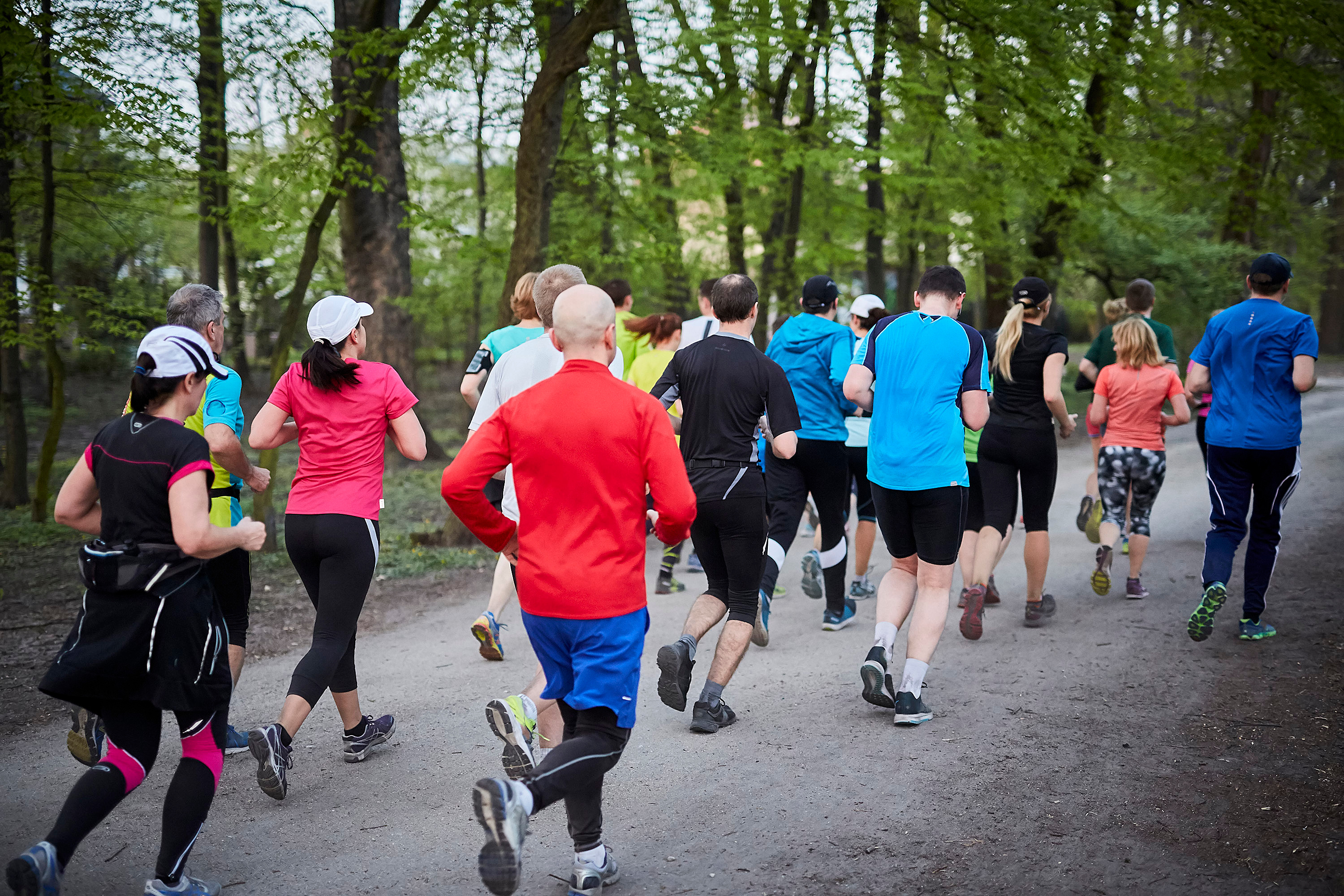
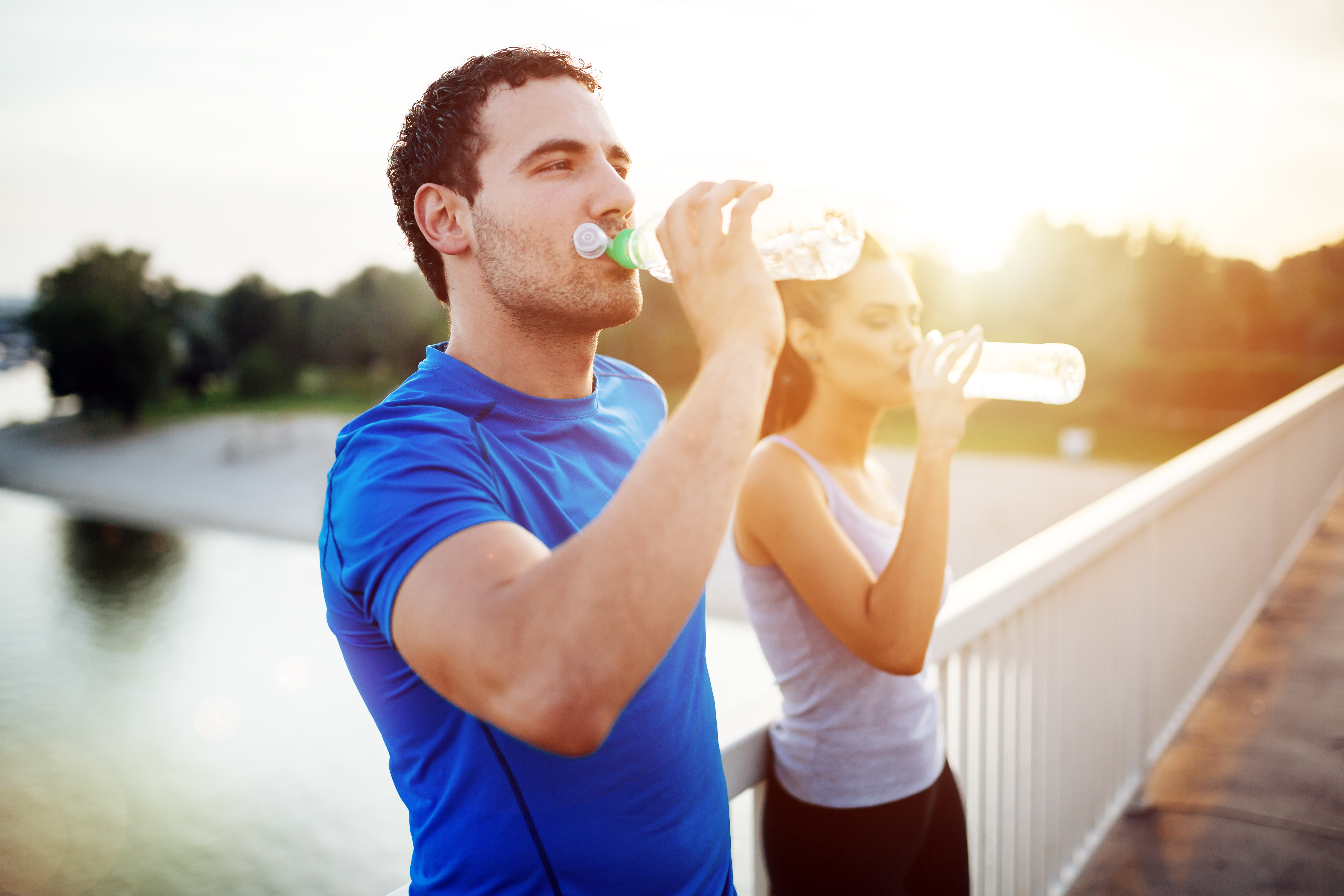
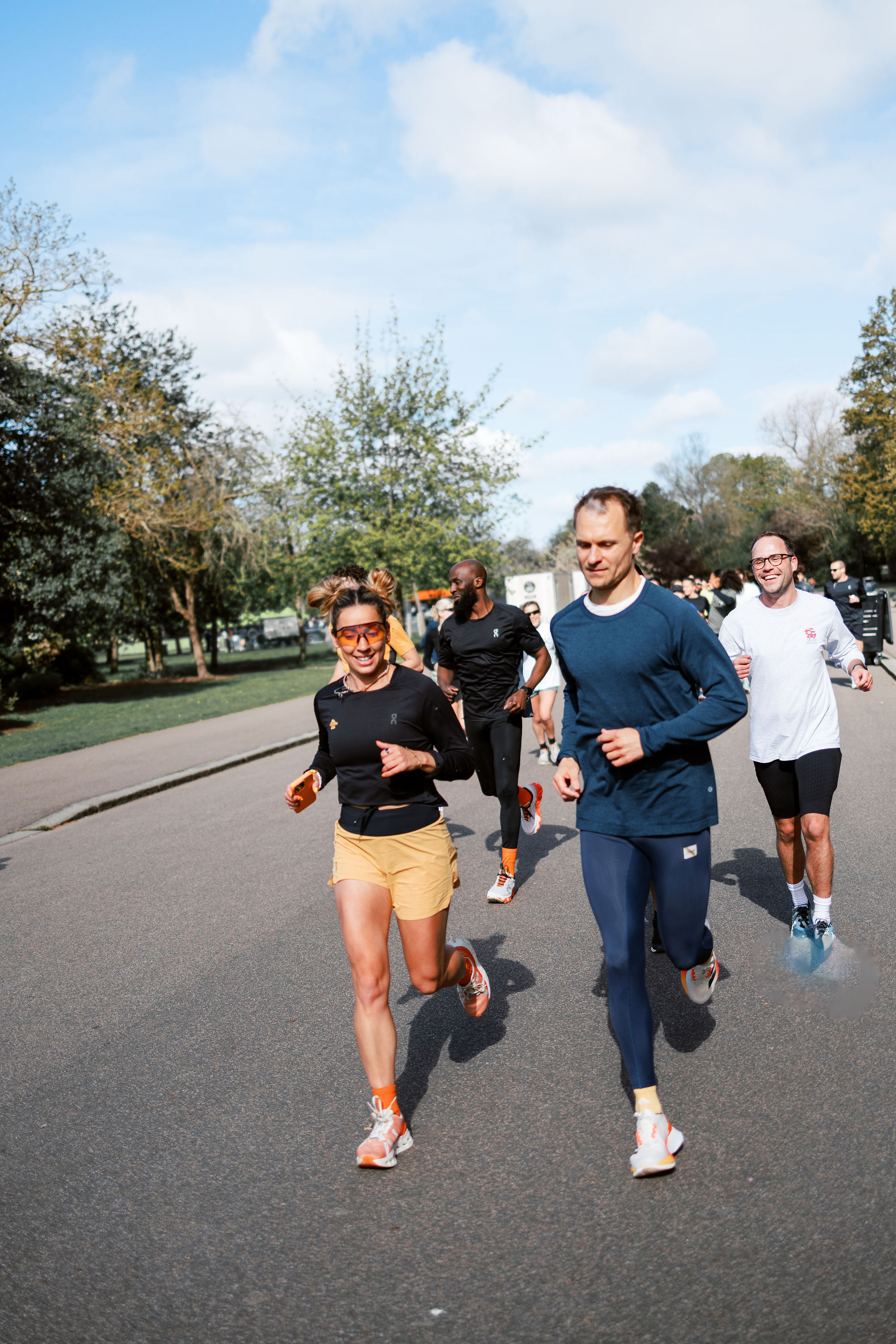

.png)
